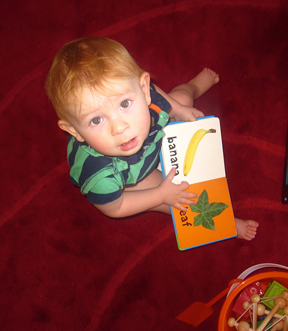 We live in a culture deeply devoted to getting its citizens to read at the earliest possible ages. Whether it’s flashcards, alphabet-focused toys, or “teachable moments about letters” sprinkled throughout daily life with toddlers and preschoolers, we seem hellbent on early reading.
We live in a culture deeply devoted to getting its citizens to read at the earliest possible ages. Whether it’s flashcards, alphabet-focused toys, or “teachable moments about letters” sprinkled throughout daily life with toddlers and preschoolers, we seem hellbent on early reading.
And parents feel little choice in the matter: sadly, a 5- or 6-year-old kindergarden student in public or conventional private school who isn’t quite fluent with letters is already behind the 8-ball.
Child psychologist David Elkind has devoted his professional life at Tufts University to studying the costs of “hurrying” children. He points out that true reading readiness only emerges once a child has attained the neuro-cognitive milestone of syllogistic reasoning (“All men are mortal; Socrates is a man; thus Socrates is mortal”), which dawns during the concrete operational stage of cognitive development.
This “con-op leap” happens around age seven, and is a biologically based milestone, just like the shedding of baby teeth or the onset of puberty. How many parents fret if their son hasn’t managed to lose his first tooth as soon as his friend did… or if their daughter at thirteen “still just has not been able to get her period”? {Read more at mothering.com}
Image by tornatore through a Creative Commons license
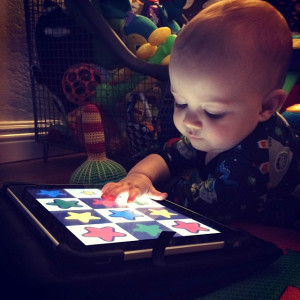
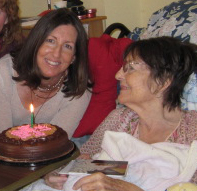
 Many wisdom traditions instruct the pregnant mother to fill her mind with thoughts and images of the splendid qualities she and her partner dream of for their child. This makes pregnancy a wonderful time to read biographies of inspiring peacemakers and innovators whom you admire. We still know so little about the how’s behind the important functions of imagination and joy in pregnancy for the lifelong qualities of the individual, who is steeped in whatever his or her mother experiences during those nine months, so why not?
Many wisdom traditions instruct the pregnant mother to fill her mind with thoughts and images of the splendid qualities she and her partner dream of for their child. This makes pregnancy a wonderful time to read biographies of inspiring peacemakers and innovators whom you admire. We still know so little about the how’s behind the important functions of imagination and joy in pregnancy for the lifelong qualities of the individual, who is steeped in whatever his or her mother experiences during those nine months, so why not?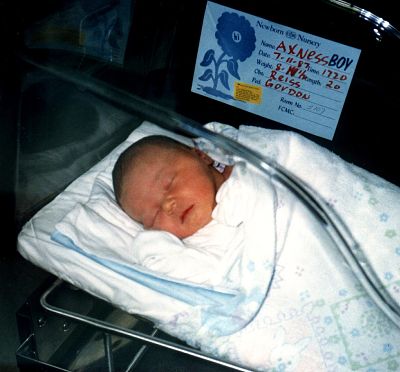 As I contemplate the 23rd anniversary of my daughter’s birth this week, my thoughts go back to the oh-so-tender moments surrounding birth. How powerful they are, for mothers and for babies. (And for fathers, but that’s for another day!) How imprints from these moments can mark us lifelong.
As I contemplate the 23rd anniversary of my daughter’s birth this week, my thoughts go back to the oh-so-tender moments surrounding birth. How powerful they are, for mothers and for babies. (And for fathers, but that’s for another day!) How imprints from these moments can mark us lifelong.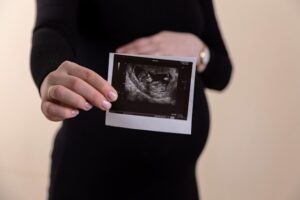 Gone are the days when we could consider pregnancy a 9-month “grace period” before the job of parenting begins. Mounting research tells us that lifelong wellbeing, including mental health, begins in the womb, and everything parents do – beginning even before conception — shapes their children in critical, life-altering ways.
Gone are the days when we could consider pregnancy a 9-month “grace period” before the job of parenting begins. Mounting research tells us that lifelong wellbeing, including mental health, begins in the womb, and everything parents do – beginning even before conception — shapes their children in critical, life-altering ways.

